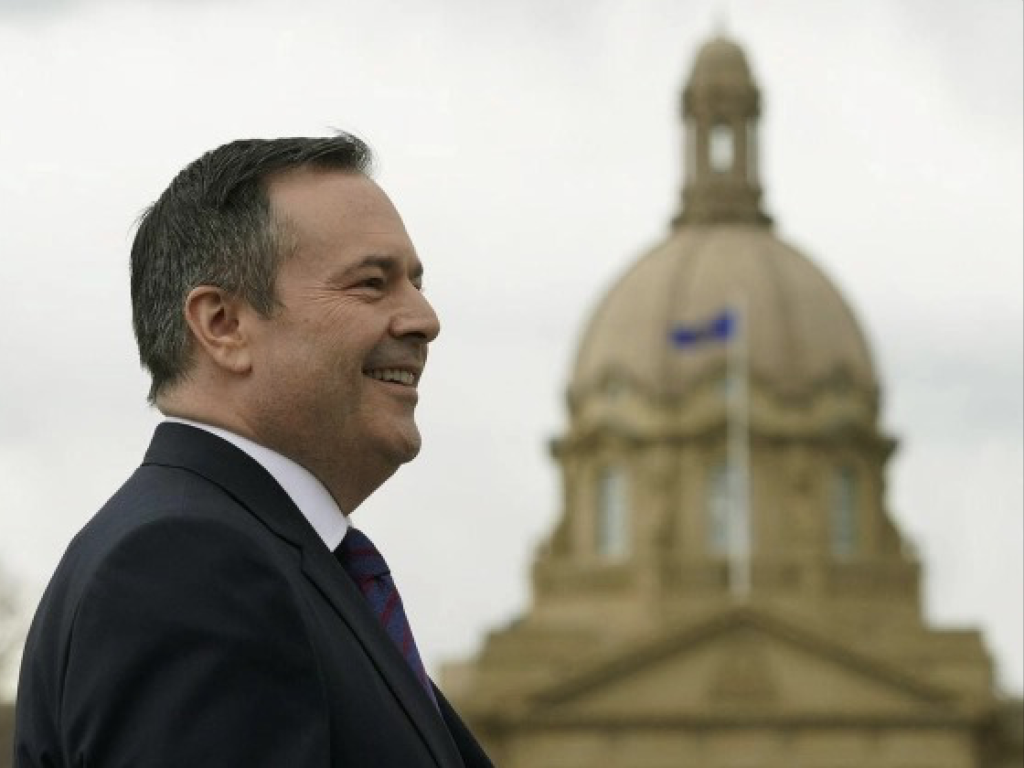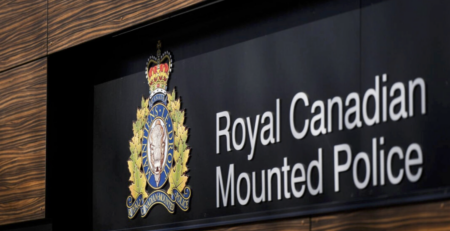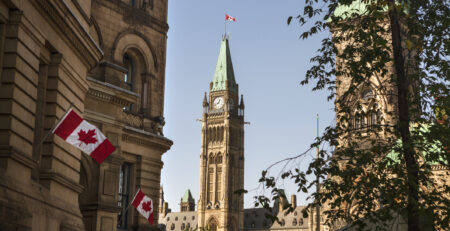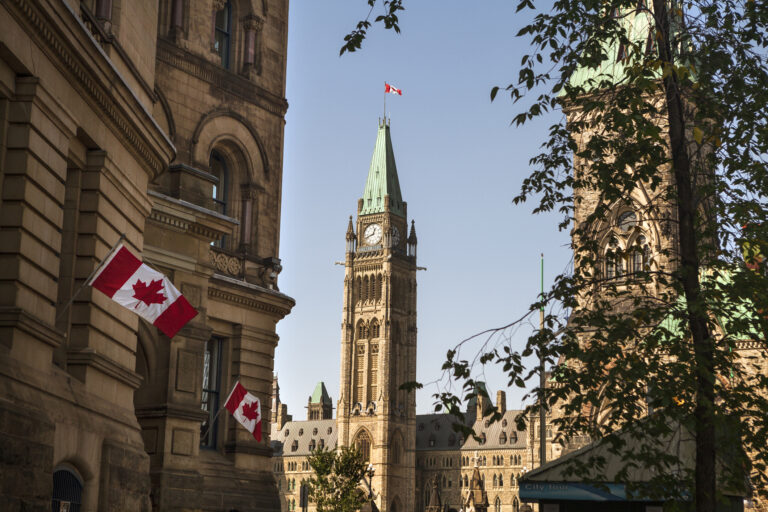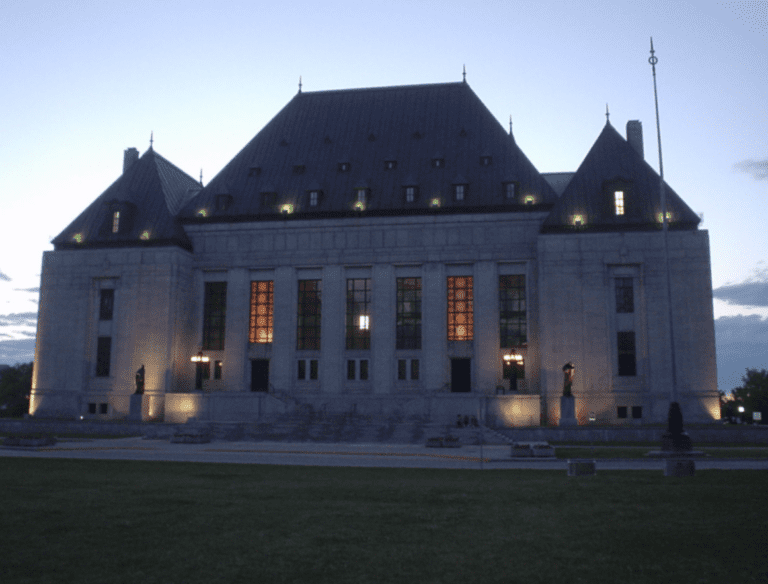CALGARY: The Justice Centre for Constitutional Freedoms (jccf.ca) today announced it will file a legal challenge in the Alberta Court of Queen’s Bench to the constitutionality of Bill 10 and some of its recent amendments to Alberta’s Public Health Act.
Bill 10, the Public Health (Emergency Powers) Amendment Act was quietly rushed through the Legislature on April 2, 2020. The United Conservative Party used its majority to pass the Bill in less than 48 hours. Bill 10 gives cabinet ministers new powers to write laws and create new penalties without the approval or oversight of the legislative assembly.
Before Bill 10 became law on April 2, Alberta’s Public Health Act already empowered politicians and bureaucrats to take property away from citizens and organizations, to force citizens to render aid, to conscript people to help deal with an emergency and to enter into any building or property without a warrant. The Chief Medical Officer of Health was already empowered to forcibly quarantine any ill person, or any person caring for a sick family member. The Public Health Act also gives politicians the power to order mass disease testing and mass vaccination. If these existing powers were inadequate to deal with a public health emergency or pandemic, the Alberta government has yet to explain why or how.
Before Bill 10, cabinet ministers were already able to suspend the operation of provincial laws, in whole or in part, once cabinet declared a public health emergency. The Public Health Act’s existing sweeping and extraordinary powers have never been constitutionally challenged.
Bill 10 gives enormous new powers to cabinet ministers to create and implement new laws, orders and penalties, simply through ministerial order, without them being discussed, scrutinized, debated or approved by the Legislative Assembly of Alberta.
“Bill 10 is a betrayal of the electorate and of the rule of law,” stated lawyer John Carpay, President of the Justice Centre. “Albertans have a constitutional right to have their elected representatives involved in the making of new laws, especially laws which may dramatically infringe on their civil liberties. With Bill 10 now in force, a single politician can behave as though he or she has the power of a legislative majority to make laws for millions. This is an affront to democracy and constitutionalism.”
UCP MLAs are using a form letter in which they claim that Bill 10 “does not create new powers for politicians to implement any law that they choose during an emergency, as some critics have claimed. Rather, it clarifies language in the Public Health Act to confirm that ministers are able to add to legislation that they are responsible for, as long as it is in the interest of the public.”
“The word ‘clarifies’ is obviously the wrong word, because Bill 10 adds new power under section 52.1(2)(b) of the Public Health Act: a minister’s power to ‘specify or set out provisions that apply in addition to, or instead of, any provision of an enactment,’” stated Carpay.
“Further, what might be in the ‘interest of the public’ is determined solely by the same politician who creates a new law at her or his complete discretion. So arguments these are in the ‘public interest’ are rather meaningless,” continued Carpay.
“Also, since when has any minister in the history of Canada been able to unilaterally write new laws all by themselves without oversight? And how could that be ‘confirmed,’ since it is entirely without precedent?” asked Carpay.
“Criticism of Bill 10 has given Premier Kenney a wonderful opportunity to provide citizens with examples of the important things that the added section 52.1(2)(b) will allow cabinet minister to do, which they could not do previously. Rather than explaining why cabinet ministers need these new powers, MLAs are claiming that cabinet ministers have not been given new powers,” concluded Carpay.


